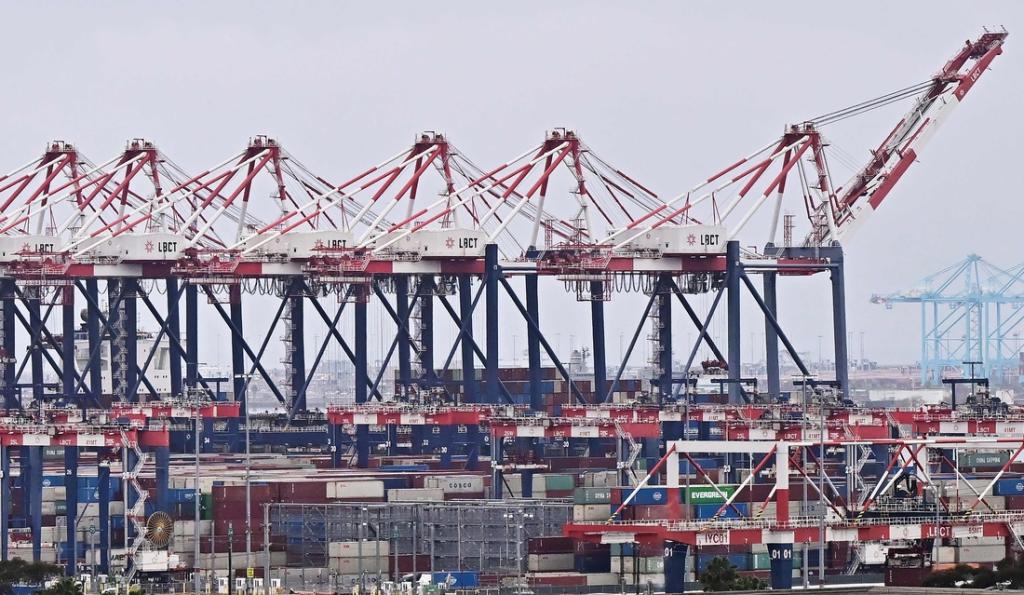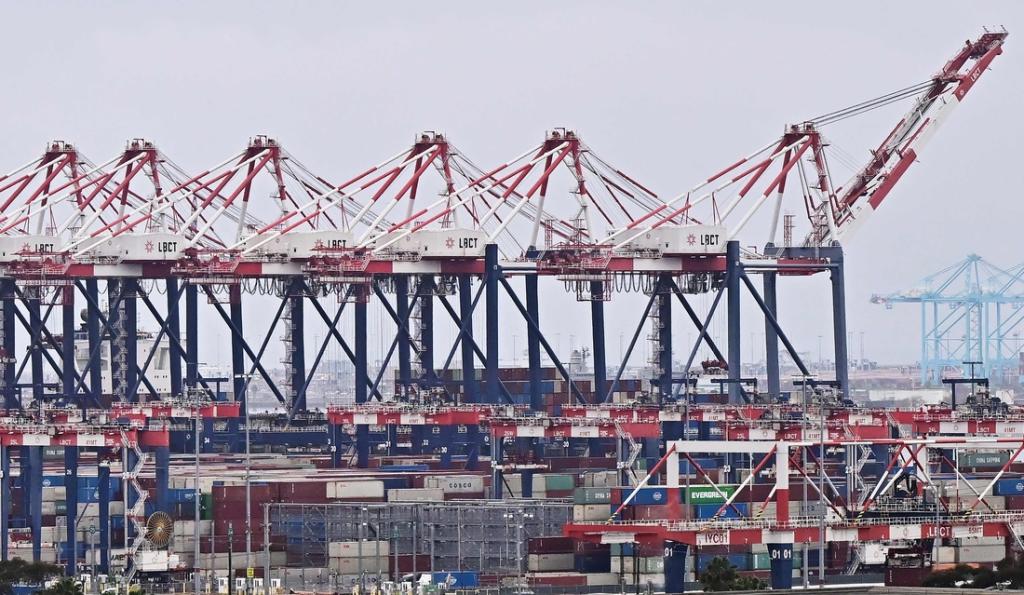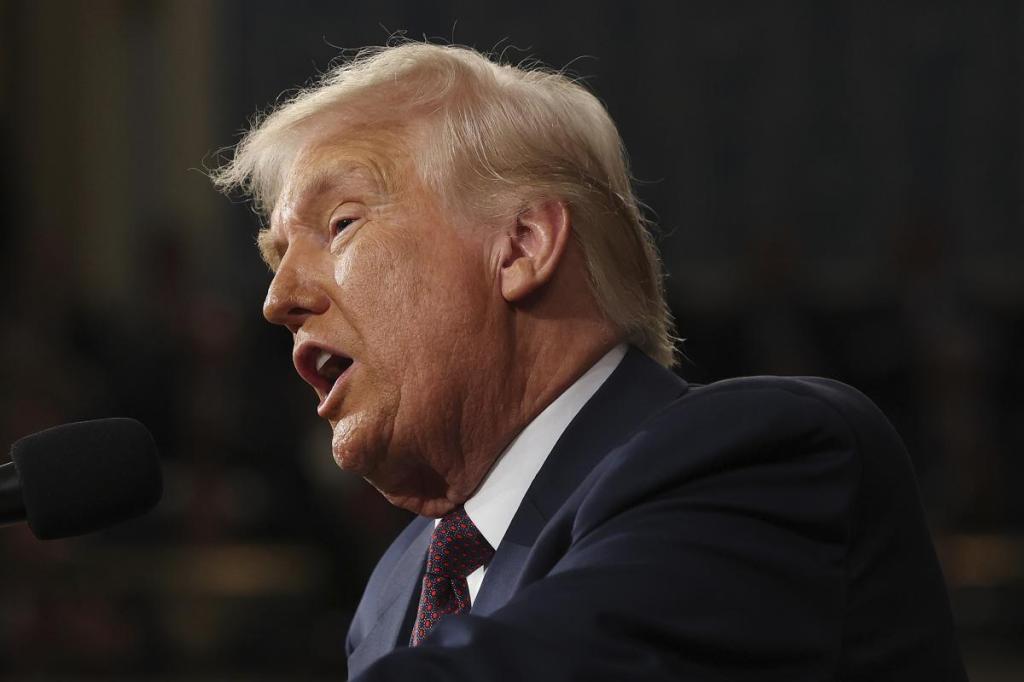U.S. Tariff Exemptions Impacting Mexico and Canada Autos
Discover how recent U.S. tariff exemptions on Mexican and Canadian autos impact trade relations and the automotive industry's future.

Key Points
- The Trump administration's one-month tariff exemption for Mexican and Canadian automotive imports addresses industry concerns while aiming to protect U.S. jobs.
- Following the announcement, U.S. automakers experienced stock price boosts, reflecting the high stakes of tariff policies on the automotive sector.
- Future trade dynamics remain uncertain as mutual tariffs are set to be evaluated, impacting broader economic relations between the U.S., Canada
, and Mexico.
The recent announcement from the Trump administration to exempt certain automotive imports from Mexico and Canada from a 25% tariff for a month has stirred significant discussions in both the automotive industry and the broader economic landscape. This strategic move appears to recognize the growing pressure from domestic automotive manufacturers while navigating complex trade dynamics. In this blog, we'll delve into what this exemption means, the implications for trade relations, and how it reflects the current administration's policies.
The Background
On May 5, 2023, it was officially announced that vehicles coming from Mexico and Canada would be exempted from the newly imposed 25% tariffs for a one-month period. This decision appears to be a direct response to the concerns raised by major U.S. automotive manufacturers, including
, Ford, and
. The industries expressed strong apprehension about the adverse effects these tariffs could have on their operations and profitability.
During a briefing,
Press Secretary Carolyn Levitt indicated that the Trump administration consulted with the "Big 3" automakers to arrive at this decision. The exemption allows for a clearer focus on the
(USMCA), under which these countries have operated with tariff-free trade until now.

The Economic Implications
While the one-month exemption is a temporary relief, it is expected to bolster the stock prices of U.S. automakers. Data from the
revealed that following the announcement, the
surged by 1.14%, with automotive stocks like Stellantis, GM, and Ford seeing notable gains. This reactive market behavior underscores the high stakes involved for American automakers amidst tariff-induced pressures.
As a result of ongoing pressures from the automotive industry,
specifically stated that the goal was for these companies to shift production back to the United States, thus promoting local manufacturing and job creation. However, the backdrop of this exemption also includes significant potential for inflation in consumer prices if tariffs remain in place for a longer duration.
Broader Trade Context
Beyond the immediate automotive sector, the implications of these tariff policies extend into the larger context of U.S. trade relations. Critics of the administration's tariff strategy have argued that aggressive tariff imposition can lead to retaliatory measures and unintended economic consequences. The balancing act that the Trump administration is trying to maintain also reflects in its approach to China, where supplemental tariffs have recently been raised.
This dual approach of applying tariffs selectively—while attempting to shield certain industries—demonstrates not just an effort to cater to domestic economic interests, but also a nuanced understanding of the geopolitical landscape. Moreover, it opens the door for further discussions on expanding tariff exemptions beyond the automotive sector in subsequent weeks.

Looking Ahead
The impending deadline of April 2nd for mutual tariffs raises questions about the future of U.S.-Canada-Mexico trade relations. If these tariffs go into effect, we could see a ripple effect through multiple industries—not just automotive. Lawmakers from both parties have voiced concerns over the economic repercussions of such measures. Continued dialogue will be essential in navigating these complex trade waters.
As we analyze these developments, it becomes clear that the administration is engaged in a delicate balancing act. The temporary tariff exemption signifies an acknowledgment of industry concerns while attempting to fulfill a broader economic strategy aimed at protecting American jobs and production capacities.
This evolving situation provides a valuable case study in the complexities of 21st-century trade policies and domestic economic strategies. As manufacturers adapt and production locations are contemplated, the ongoing dialogue between government entities and industry leaders remains crucial in shaping a sustainable economic future for all stakeholders involved.


